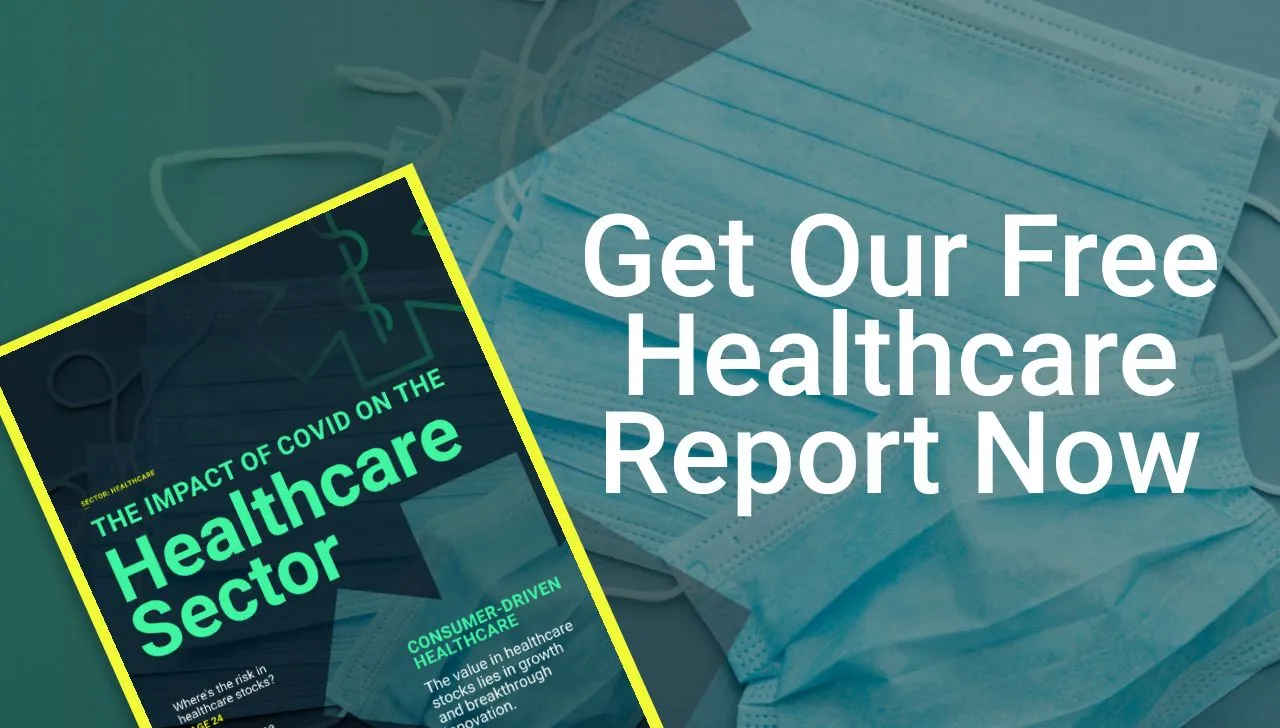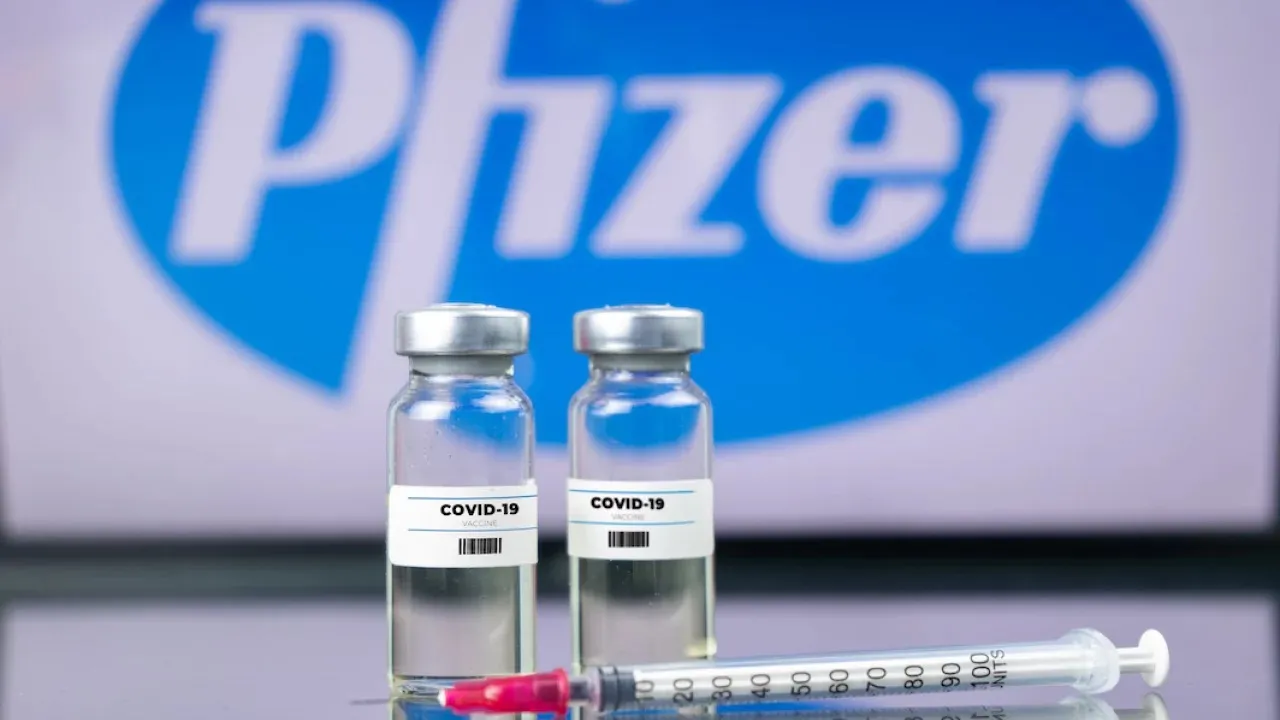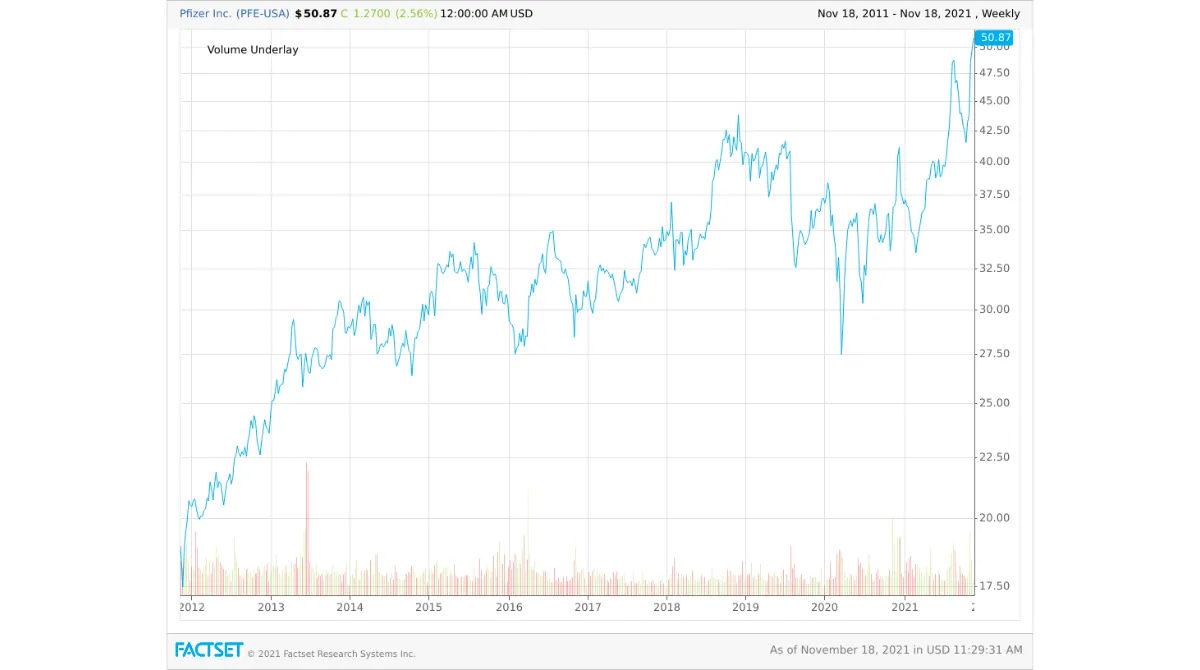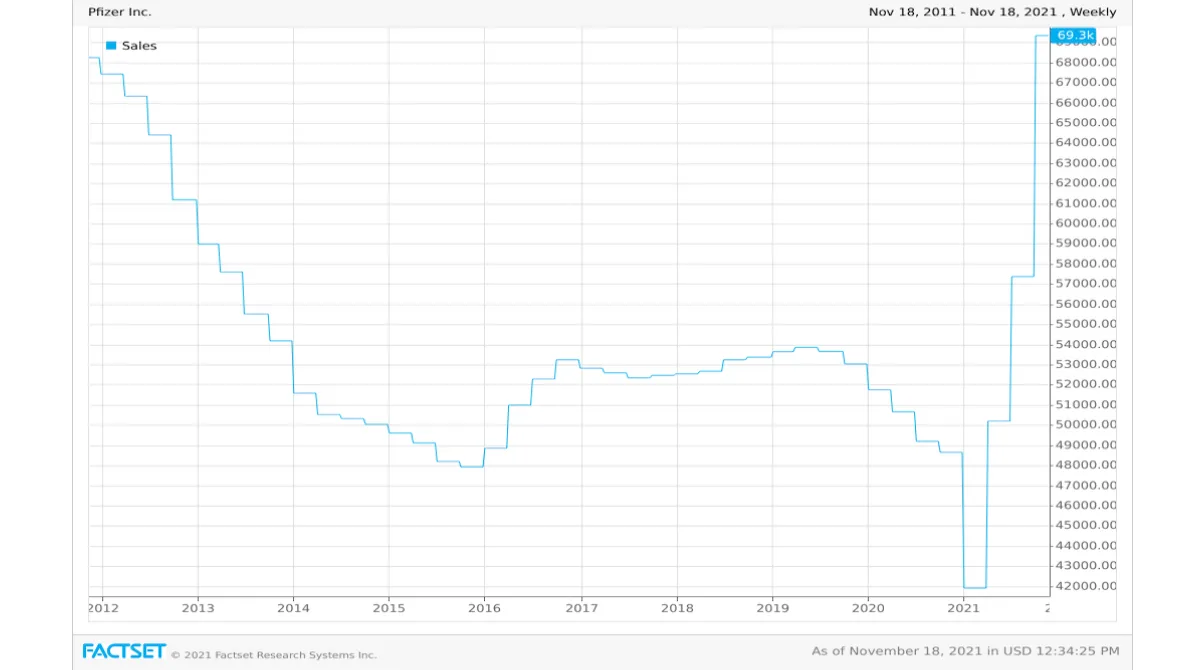Pfizer (NYSE: PFE) has become a global household name in the past eighteen months, thanks to its first-to-market COVID vaccines. Its share price is up 38% year-to-date, and in this article, we consider whether it is a good investment.
Pfizer has a far more significant market value than its key competitors, yet its share price is lower than Novartis (NYSE: NVS), Merck (NYSE: MRK), Bristol-Myers Squibb (NYSE: BMY), Novo Nordisk (NYSE: NVO), Eli Lilly (NYSE: LLY), and Amgen (NASDAQ: AMGN).

#What does Pfizer do?
Founded in 1849, Pfizer is a biopharmaceutical company with a global reach. It is research-based, engaging in the full spectrum of drug discovery, development, manufacture, marketing, sales, and distribution.
It operates in both developed and emerging markets, on a quest to find cures for some of the world's most devastating health problems. But over 51% of Pfizer's revenue exposure comes from the United States.
Before 2020, Pfizer was most famous for launching Viagra (and often featured prominently in email spam). But since the COVID-19 pandemic struck, Pfizer has become synonymous with its vaccine.
This could well become its crowning glory, but that's not all it's got going on. Indeed, Pfizer has 99 drugs in its pipeline.
Additionally, Pfizer produces countless medicines, vaccines, medical devices, and consumer healthcare products for cardiovascular, diabetes, oncology, inflammation, and more.
#Is Pfizer a good or bad investment?
Now we'll look at some metrics that can give us a clearer picture of Pfizer's current financial status.
Revenue (Sales)
Pfizer's revenue growth has fallen over the past decade. It began increasing between 2016 and 2018 but has since gone back into decline.
Declining sales can indicate lower demand for products. Is that the case with Pfizer?
COVID-19 has decimated sales in part of its business. But why were sales declining prior to the pandemic's arrival?
There were a few reasons for this. Some of its biggest selling products saw their period of marketing exclusivity end; this amounted to $1.7bn in lost revenue in 2018. For instance, cholesterol drug Lipitor and other best-sellers came to expect a negative impact from generic competition. Furthermore, pain drug Lyrica faced a decline in revenues as its US patent headed for expiration.
Then there was the resignation of CEO Ian Read, who had been in the job eight years. His successor Albert Bourla is Pfizer's current CEO.
Pfizer also endured a political intervention. After raising the prices of 40 prescription drugs, President Trump publicly named and shamed the company on Twitter. Following a call with the President, Pfizer deferred its decision to raise prices.
All this uncertainty combined with additional legislative and regulatory concerns caused Pfizer shareholders to lose faith.

But year-to-date, things have been improving, and sales are increasing once more. Pfizer has raised its FY21 guidance to expect revenues to come in between $81bn and $82bn, with adjusted EPS between $4.13 and $4.18.
Gross Profits
Pfizer's Gross Income drastically improved in the first half of 2021 after a dismal 2020.


Operating Margin
The Company's Operating Profit Margin increased between the end of 2016 and August 2018 but has since declined.

EBIT Margin
While Pfizer's earnings before interest and tax (EBIT) margin has been declining in recent years, it has consistently stayed above 25% for the past decade (until COVID hit). That's a reassuring sign of a good business.

Asset Turnover
Pfizer's Asset Turnover averages 0.3 over the past ten years, which indicates it is not great at using its assets to generate revenue. Nevertheless, in a company with large R&D expenses, this is not overly concerning.
Current Ratio
Pfizer's liquidity is not terrible. Its Current Ratio averages 1.3 over the past five years. Above 1.5 would be safer, but it is not at a worrying level.
EPS (Diluted)
Besides a particularly impressive spike in 2017, the percentage change in diluted EPS has been negative throughout most of the past decade.

P/E
Pfizer's price-to-earnings estimate for the next twelve months is 12 (with a 5-year average of 19).
Dividend
For long-term holders of Pfizer stock, the returns have been greatly improved by its dividend.
Indeed, Pfizer has been raising its dividend for the past five years. It currently offers a 3% yield.
#What does Pfizer have in the pipeline?
Q2 results beat analyst expectations on GAAP EPS and COVID-19 vaccine sales. Taking the vaccine out of the equation, revenues were up 10% year-over-year. Nonetheless, as 2020 was a challenging year for the business, comparisons are expected to impress this year.
Pfizer's recent Q3 earnings beat analysts' estimates on revenues and earnings per share (EPS). It recorded 130% operational revenue growth year-over-year and raised 2021 total company guidance for both revenues and adjusted EPS.
EPS of $1.34 beat consensus estimates of $1.08 by 24%. And sales climbed 134% to $24bn.
Expiring patents continue to cause concern, but it also has several exciting drugs in the pipeline and ongoing COVID-19 vaccine revenues.
Some of Pfizer's top-performing drugs include Vyndamax, Prevnar 13, Xeljanz, Eliquis, Ibrance, Inlyta, Xtandi, and various biosimilars.
Sales are rising again, with awe-inspiring growth in biosimilars of 88% year-over-year in Q2. This was mainly thanks to its new range of oncology drugs Ruxience, Trazimera, and Zirabev.
Another exciting new drug in Pfizer's pipeline is a Lyme disease vaccine. This is the only active Lyme vaccine candidate in clinical development today, co-developed with French biotech company Valneva (NASDAQ: VALN). The tick-borne disease is on the rise in the US and Europe, with cases in the US almost doubling since 1991.
As of December 2020, Pfizer was actively pursuing 27 Phase I trials, 35 Phase II trials, and 24 Phase III trials. It also had 17 products in pre-registration.
Over the years, Pfizer has heavily invested in R&D, which has paid off handsomely with successes such as cholesterol drug Lipitor, anti-inflammatory medication Feldene, and antidepressant Zoloft.
Through M&A in recent years, Pfizer has dramatically diversified its product offerings.
In the past year, Pfizer has initiated three acquisitions; Arixa Pharmaceuticals, Amplyx Pharmaceuticals, and Trillium Therapeutics, plus the sale of Wuxi Biologics.
Pfizer vaccines
In addition to its extensive pipeline of drugs, Pfizer is also generating revenue from its COVID-19 vaccines with partner BioNTech (NASDAQ: BNTX). Approval for booster shots are in the pipeline, along with approval of its COVID-19 pill.
Pfizer's COVID-19 vaccine has also recently been approved for children. The company supplies to multiple regions, including the US and Europe.
#What can go wrong?
When considering investing in a company long-term, it is important to consider what could go wrong. Some issues are out of investor control, but it's wise to prepare for any eventuality.
One of the biggest dangers in healthcare investing is when a trial doesn't get the results hoped for, or worse, the trial causes harm.
Pfizer is at somewhat of an advantage here because it has multiple trials underway at any time. This means it has plenty of hope to keep share price momentum alive.
When a small-cap or micro-cap is running a trial, the future of its entire business could hinge on its success. That's not an issue Pfizer has to face.
Nevertheless, we still have to factor in worst-case scenarios, such as death or severe affliction. Plus, delays to trials starting or being approved can also cause brief share price disruption.
Another big problem that multi-billion-dollar conglomerates face is litigation, activism, or regulatory scrutiny. Any of these issues can be detrimental to a company's share price in the short term.
As already discussed, Pfizer also faces rising competition and price squeeze due to the rise of generics and biosimilars.
#Where's the value?
Although product sales fell during 2020, the total value of contracts Pfizer has sold has increased year-over-year for the past seven years.
M&A activity continues
Pfizer has a strong balance sheet
An extensive pipeline of best-selling drugs
Decent 3% dividend yield
Low P/E ratio
#Where does the Pfizer share price go next?
The financial markets are in flux, and many expect a bearish turn to continue in the interim. However, Pfizer has many promising projects going on, a solid M&A strategy, decent dividend, and a strong balance sheet. Plus, the pandemic has lit a fire under the healthcare sector, so advancements here are expected to be actively encouraged in the coming years.
For further information on Pfizer and investing in healthcare stocks in general, get our FREE healthcare report.

